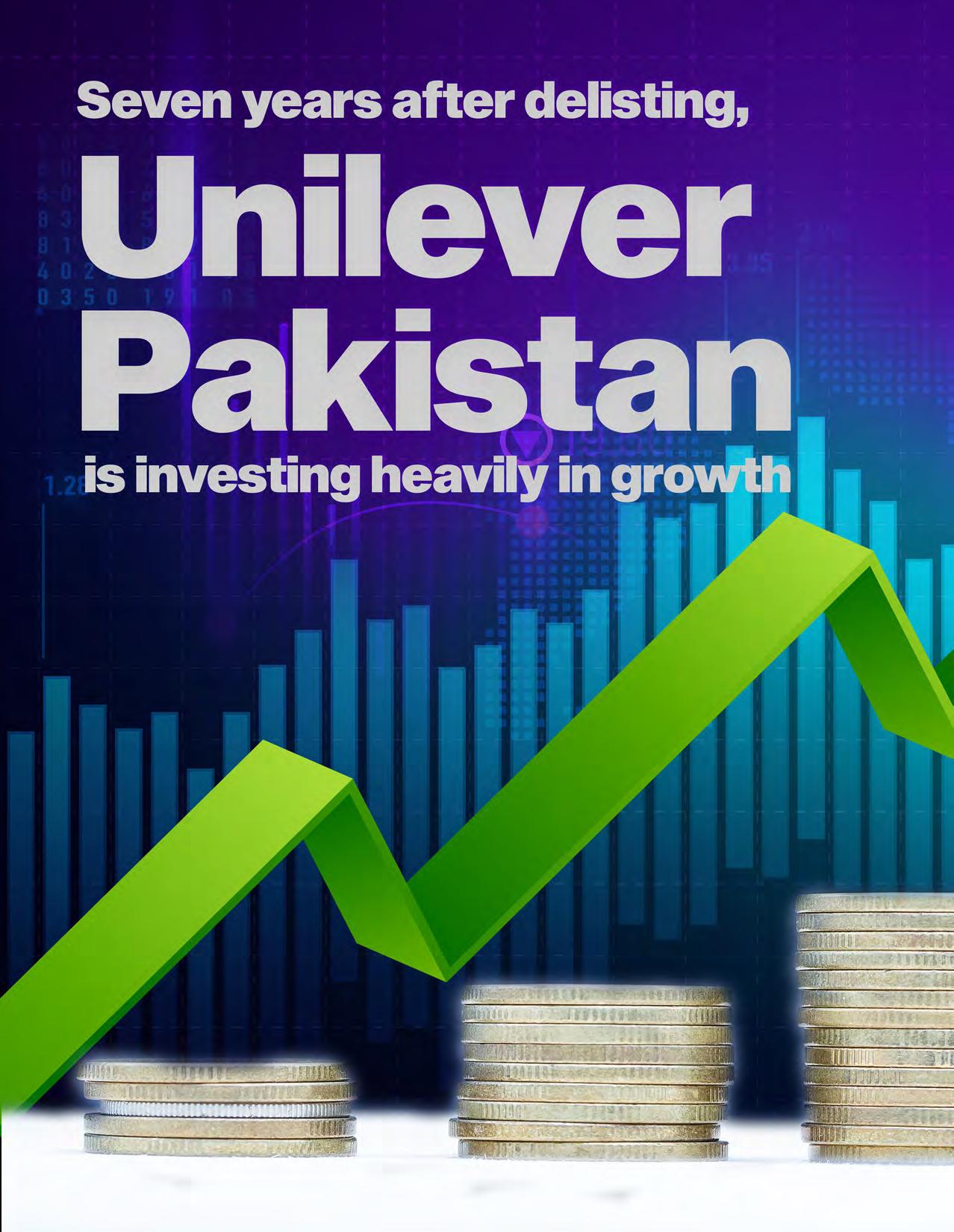OPINION
Asif Saad
Rebuild Karachi
The city’s decline may have much to do with a lack of political ownership, but the situation cannot be allowed to continue. The way out is for the business community to step up with a common agenda
C
ities have a big role to play in national and global economies. According to a Mckinsey report on urbanization, “The world is in the throes of a sweeping population shift from the country side to the cities and for the first time in history more than 50% of human population is living in towns and cities…underpinning this transformation are the economies of scale that make concentrated urban centers more efficient”. This scale helps cities provide better human interaction through transport and communication, health services, water and sanitation and most importantly attracting talent and skilled labor together with managerial capability. New York, London, Istanbul, Tokyo, Seoul, Shanghai – they are all equipped with these basic attributes and are therefore vibrant places to live. In my quest to learn where Karachi stands relative to the world, I came upon Wikipedia’s description of Karachi, some of which I reproduce here;
Asif Saad
is a strategy consultant who has previously worked at various C-level positions for national and multinational corporations
COMMENT
“Karachi is the capital of the Pakistani province of Sindh. It is the largest city in Pakistan and the twelfth largest city in the world…the city is Pakistan’s premier industrial and financial center, with an estimated GDP of $114 billion as of 2014 it is Pakistan’s most cosmopolitan city, linguistically, ethnically and religiously diverse, as well as one of Pakistan’s most secular and socially liberal cities…Karachi collects more than a third of Pakistan’s tax revenues and generates approximately 20% of Pakistan’s GDP. Approximately 30% of Pakistan’s industrial output is from Karachi while Karachi ports handle 95% of its foreign trade. Almost 90% of multinationals operating in Pakistan are headquartered in Karachi. Karachi is considered to be Pakistan’s fashion capital and has hosted the Pakistan Fashion Week since 2009” An important point is that most businesses thrive in large cities which have these elements because of which companies prefer to locate themselves there. This in turn provides more economic activity and this pattern thus becomes a virtuous cycle of its own.
Why the deterioration?
S
o why, despite Karachi’s disproportionate contribution to Pakistan’s economy, has the city been deteriorating in terms of basic services, infrastructure and much more critical harmony between diverse social, religious and ethnic communities? The Wikipedia entry actually goes on to discuss the violence in the 80’s which started during the Afghan war and covers the clean-up operation which was carried out only a few years back. We do not need to look up the fact that Karachi lacks political ownership, the kind of leadership which smoothens the differences and makes diversity an advantage for the city. The current struggles between federal, provincial and local governments intertwined with the Pakistani establishment’s influence over everything is only a continuation of the same pattern over the last 3-4 decades. And there is no end in sight to the quagmire. What is more surprising is the lack of ownership shown by the business community in Karachi. Pakistan’s biggest local businesses are either based in Karachi or have a large presence here. The Memons, the Chiniotis, the Dehli walas are just some of the big business communities whose home base is Karachi. The multinationals with their head offices have diverse interests - from chemicals and pharmaceuticals to automotive and consumer goods – representing dozens of countries. The financial markets with the stock exchange, bank head-quarters and the most important financial sector regulator – the State Bank of Pakistan, are all based in Karachi. Collectively, these local and international organizations run some of the biggest businesses, employ the most people and have the biggest influence on economic and financial policy making in Pakistan at a broader level.
25





